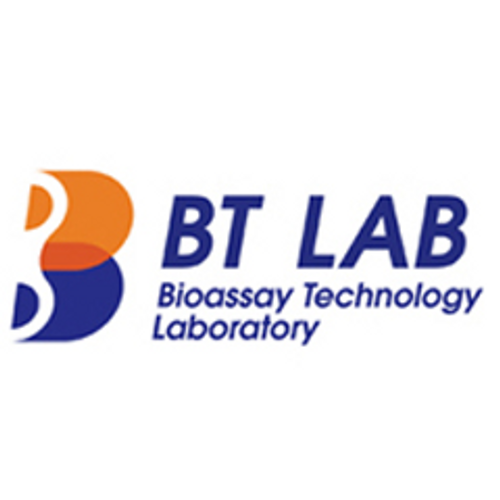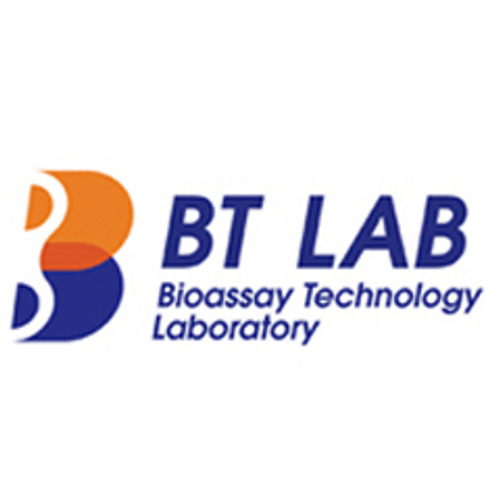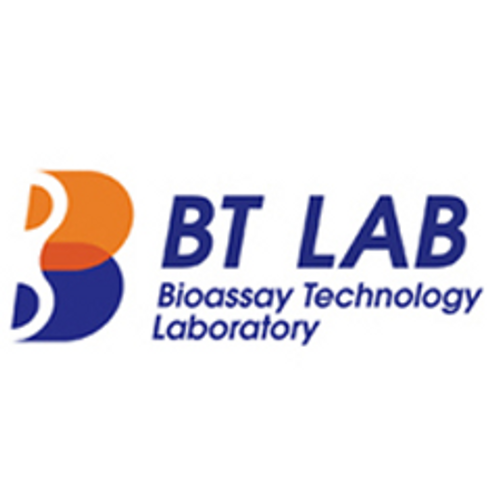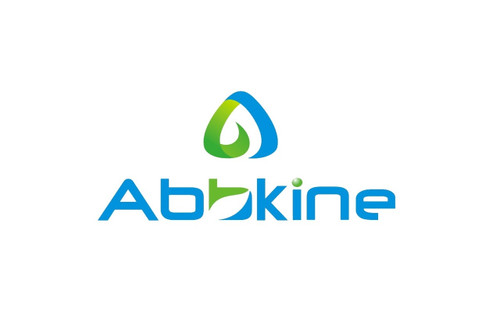Product Description
Canine Adrencocorticotropic Hormone (ACTH) ELISA Kit | AE23619DO | Abebio
Species Reactivity: Canine (Canis familiaris; Dog)
Abbreviation: ACTH
Alternative Name: N/A
Application: ELISA
Range: 12.35-1000 pg/mL
Sensitivity: 4.75 pg/mL
Intra-Assay: ≤5.2%
Inter-Assay: ≤8.1%
Recovery: 0, 95
Sample Type: Serum, Plasma, Other biological fluids
Detection Method: Sandwich
Analysis Method : Quantitive
Test Principale: This assay employs a two-site sandwich ELISA to quantitate ACTH in samples. An antibody specific for ACTH has been pre-coated onto a microplate. Standards and samples are pipetted into the wells and anyACTH present is bound by the immobilized antibody. After removing any unbound substances, a biotin-conjugated antibody specific for ACTH is added to the wells. After washing, Streptavidin conjugated Horseradish Peroxidase (HRP) is added to the wells. Following a wash to remove any unbound avidin-enzyme reagent, a substrate solution is added to the wells and color develops in proportion to the amount of ACTH bound in the initial step. The color development is stopped and the intensity of the color is measured.
Product Overview: ACTH (Adrenocorticotropic hormone) or corticotropin is a 39-amino acid peptide hormone (MW=4500) secreted by the pituitary to regulate the production of steroid hormones by the adrenal cortex. ACTH secretion from the anterior pituitary is controlled by both a classical negative feedback control mechanism and CNS-stress mediated control system. Various types of stress or pain perceived in higher levels of the brain modulate secretion of the hypothalamic neurosecretory hormone, corticotropin releasing hormone (CRH), a 41-amino acid peptide. CRH stimulates pituitary ACTH secretion. The second peptide that modulates ACTH secretion is vasopressin (AVP) . AVP secretion is also stimulated by stress and acts synergistically with CRH to increase ACTH secretion in the pituitary portal circulation. ACTH increases the synthesis and release of all adrenal sterioids, aldosterone, cortisol and adrenal androgens.
Stability: The stability of ELISA kit is determined by the loss rate of activity. The loss rate of this kit is less than 5% within the expiration date under appropriate storage condition. The loss rate was determined by accelerated thermal degradation test. Keep the kit at 37°C for 4 and 7 days, and compare O.D.values of the kit kept at 37°C with that of at recommended temperature. (referring from China Biological Products Standard, which was calculated by the Arrhenius equation. For ELISA kit, 4 days storage at 37°C can be considered as 6 months at 2 - 8°C, which means 7 days at 37°C equaling 12 months at 2 - 8°C) .
 Euro
Euro
 USD
USD
 British Pound
British Pound
 NULL
NULL












